[one_half padding=”0 0 0 0″]
-
- Kyrre Kverndokk,
- Marit Ruge Bjærke,
- Anders Ekström,
- Anne Eriksen,
- Frida Hastrup,
- Lars Kaijser,
- Yngve Skjærseth Nilsen,
- Henrik H. Svensen,
- John Ødemark,
- Karin Lillevold,
–[/one_half]
[one_half_last padding=”0 0 0 25px”]
[/one_half_last]
Project leaders and participants:
[two_third padding=”0 20px 0 0″]Kyrre Kverndokk is Professor of Cultural Studies in the Department of Archaeology, History, Cultural Studies, and Religion at the University of Bergen, Norway. His research interests are the history of folklore studies, the cultural history of natural disasters, climate change temporalities, and the practice and politics of Second World War memory.
E-mail[/two_third]
[one_third_last padding=”0 0 0 0″]
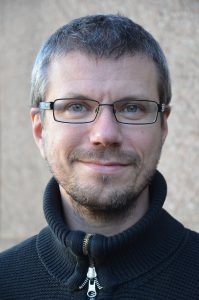 [/one_third_last]
[/one_third_last]—
[two_third padding=”0 20px 0 0″]Marit Ruge Bjærke is a Researcher in Cultural Studies at the Department of Archaeology, History, Cultural Studies and Religion, University of Bergen, Norway. She holds a PhD in Marine Biology. Her research interests include the understanding and communication of environmental problems, with a special focus on biodiversity, biodiversity loss, and marine invasive species.
E-mail[/two_third]
[one_third_last padding=”0 0 0 0″]
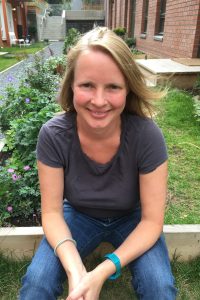 [/one_third_last]
[/one_third_last]—
[two_third padding=”0 20px 0 0″]Anders Ekström is Professor of the History of Science and Ideas at Uppsala University, Sweden. He has published broadly on modern European cultural and media history and theory with a particular focus on the long 19th century. His current work focuses on the history of temporalization in the context of climate change.
E-mail[/two_third]
[one_third_last padding=”0 0 0 0″]
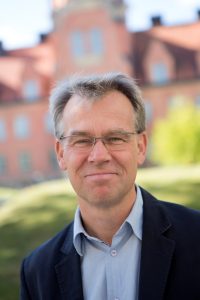 [/one_third_last]
[/one_third_last]—
[two_third padding=”0 20px 0 0″]Anne Eriksen is Professor of Cultural History at the University of Oslo. Her research interests are the history of knowledge; heritage, museums and cultural memory; theories of history and tradition; and 18th century history of science and medicine.
E-mail[/two_third]
[one_third_last padding=”0 0 0 0″]
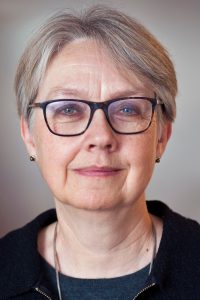 [/one_third_last]
[/one_third_last]—
[two_third padding=”0 20px 0 0″]Frida Hastrup is an Associate Professor in Ethnology and director of the Centre for Sustainable Futures at The Saxo Institute, University of Copenhagen. Hastrup’s main are People and nature (landscapes, environments, agriculture, Anthropocene, green transition, natural resources, sustainability, climate change) and knowledge production (ethnography, fieldwork, interdisciplinarity, science and technology studies, policy studies, cultural historical analysis, curating).
E-mail[/two_third]
[one_third_last padding=”0 0 0 0″]
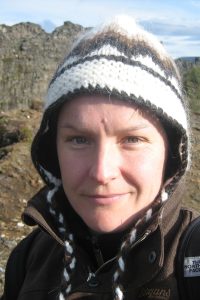 [/one_third_last]
[/one_third_last]—
[two_third padding=”0 20px 0 0″]Lars Kaijser is Professor of Ethnology, at the Department of Ethnology, History of Religion, and Gender Studies, Stockholm University. His research interest lies in the ethnography of the late modernity intermediation of goods, information, and knowledge, paying attention to country shop keepers, popular music & tourism, and public aquariums.
E-mail[/two_third]
[one_third_last padding=”0 0 0 0″]
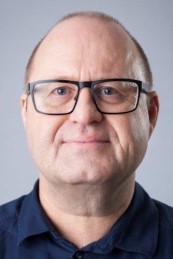 [/one_third_last]
[/one_third_last]—
[two_third padding=”0 20px 0 0 “]Yngve Skjærseth Nilsen is Professor at Western Norway University of Applied Sciences. In 2001, he took his doctoral degree on the development of Norwegian climate policy until the late 1990s. Since then, he has completed a number of history projects on knowledge history, environmental history and energy history. All his projects have chronologically been on modern history, in a Nordic context
E-mail[/two_third]
[one_third_last padding=”0 0 0 0″]
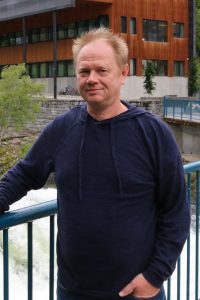 [/one_third_last]
[/one_third_last]—
[two_third padding=”0 20px 0 0 “]Henrik H. Svensen is a Research Professor at the Centre for Earth Evolution and Dynamics, Department of Geosciences, Univ. Oslo. He works on geological models and explanations for rapid climate changes and mass extinctions in deep time.
E-mail[/two_third]
[one_third_last padding=”0 0 0 0″]
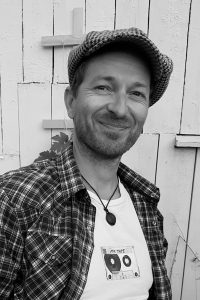 [/one_third_last]
[/one_third_last]—
[two_third padding=”0 20px 0 0″]John Ødemark is Professor of Cultural History with an emphasis on cultural encounters. His background is in Cultural History, Cultural Theory, and the History of Knowledge. His main research themes are cultural translation, early modern encounters, medical humanities, and the history of the human sciences.
E-mail[/two_third]
[one_third_last padding=”0 0 0 0″]
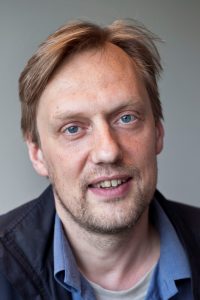 [/one_third_last]
[/one_third_last]—
[two_third padding=”0 20px 0 0″]Karin Lillevold is a PhD candidate in Cultural Studies at the Department of Archaeology, History, Cultural Studies, and Religion at the University of Bergen, Norway. She holds a master’s degree in social anthropology. Her research interests includes rewilding, visions of nature, landscape, sense of place, tourism, national identity, cultural heritage, climate and adaptation.
E-mail[/two_third]
[one_third_last padding=”0 0 0 0″]
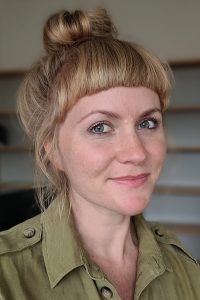 [/one_third_last]
[/one_third_last] - Back to the top.
-
Advisory board:
Kjetil Loftsgarden, Associate Professor of Archaeology, at the Museum of Cultural History, UiO.
Karen Rader, Professor of History at Virginia Commonwealth University.
Gunhild Setten, Professor of Geography at the Norwegian University of Science and Technology.
Heather Swanson, Associate Professor in Anthropology at Aarhus University.
Nina Cyrén Wormbs, Professor of History of Technology at KTH Royal Institute of Technology.
